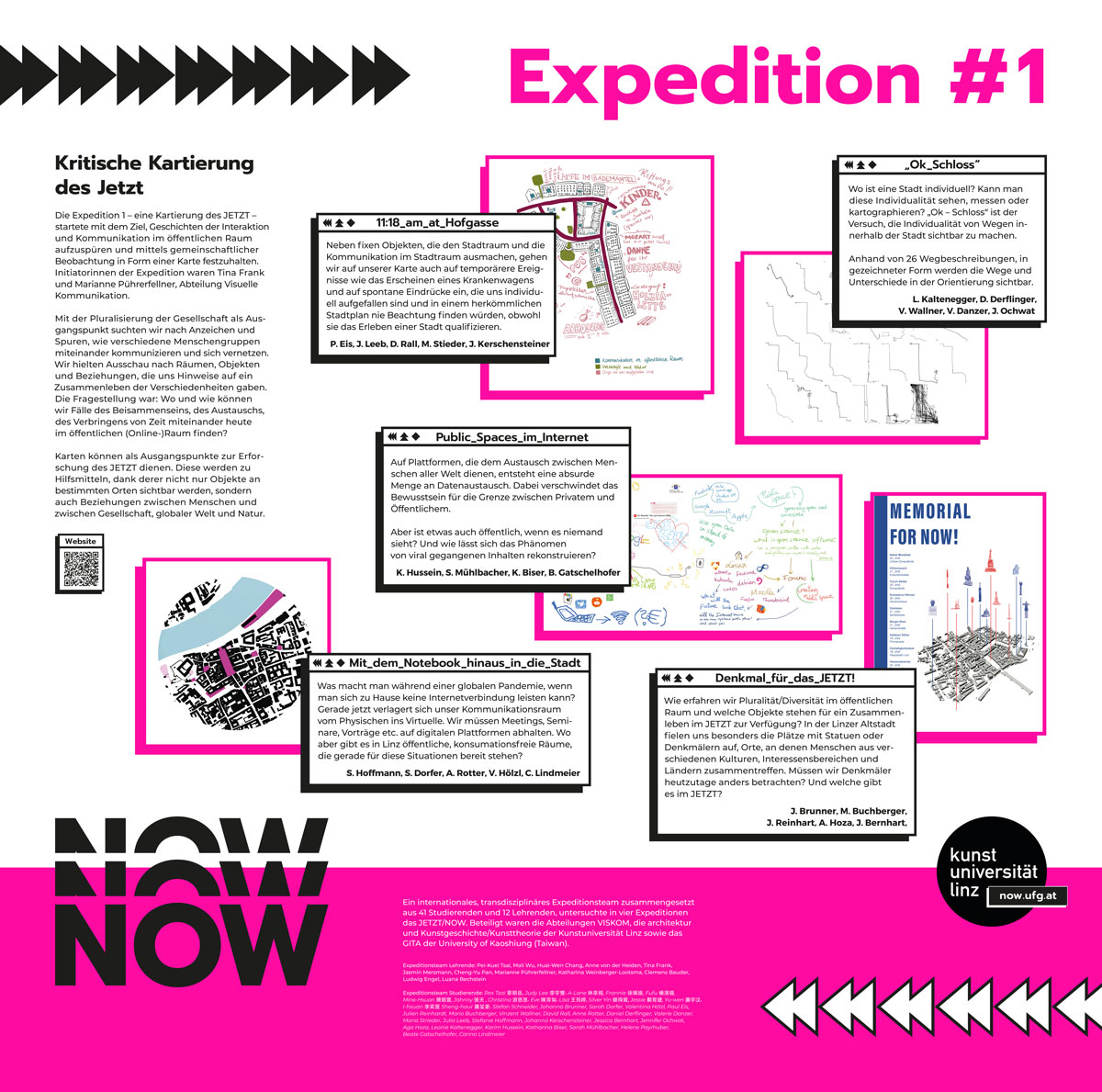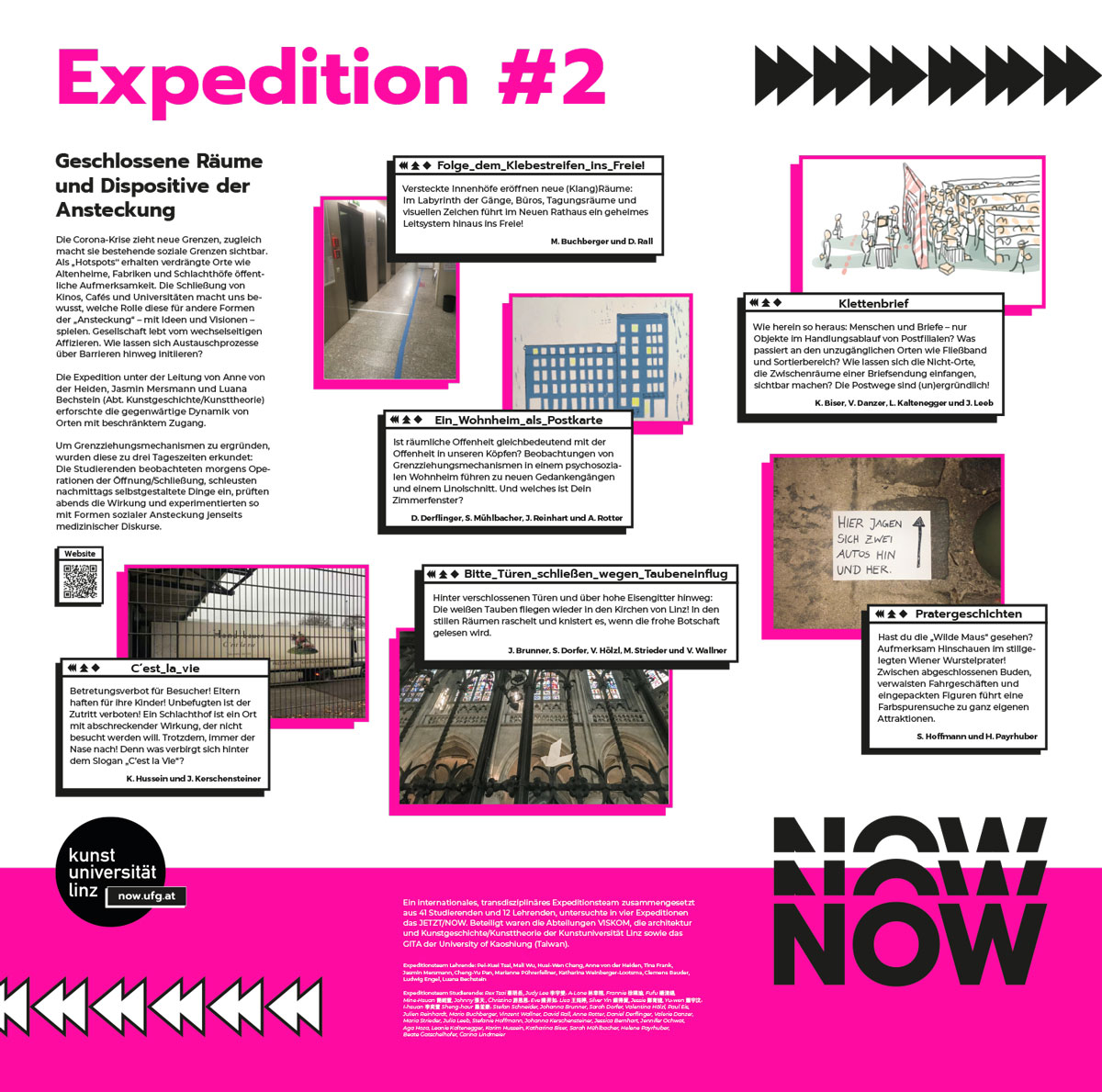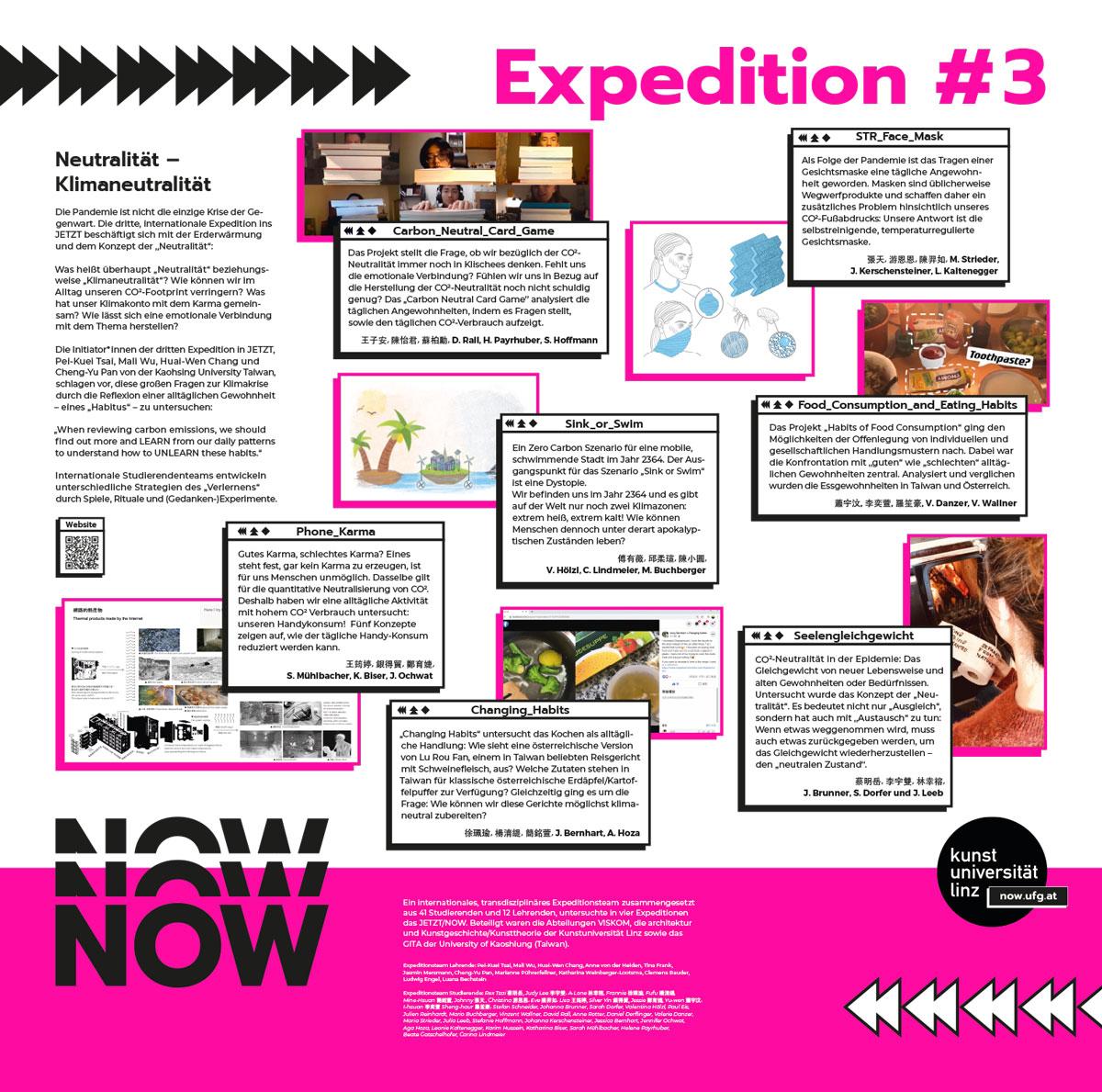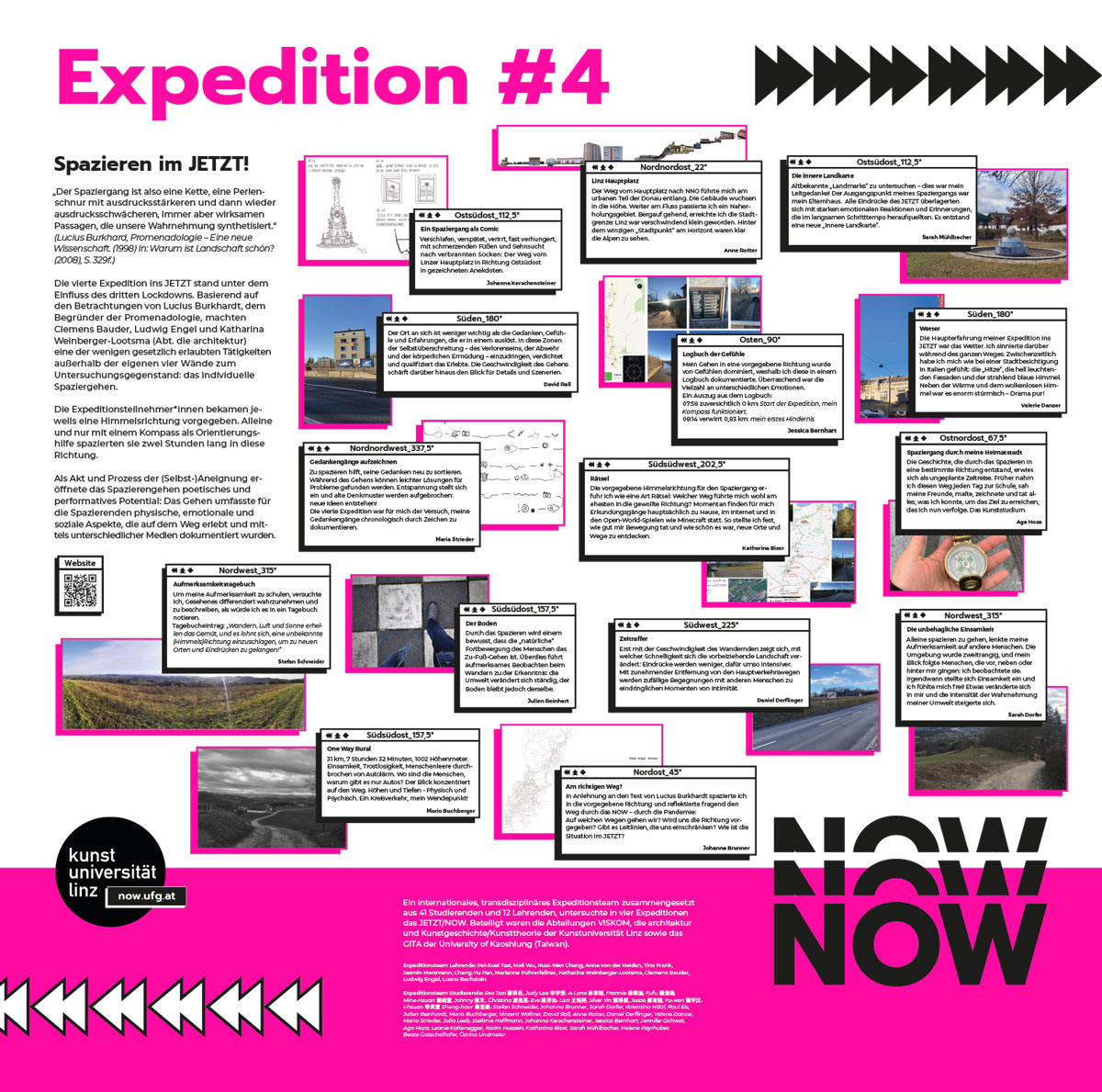
Keep scrolling for an insight into our Project Repository!
Research NOW
is a project repository, presenting all the used, linked and collected material. Find texts, lectures, books and more to help you (and us) navigate the NOW.
The systematic and comparative study by ethnologist Marcel Mauss examines the logics of the exchange of gifts and counter-gifts up to the excessive form of potlatch.
Book: Literary scholar Michael Niehaus tells stories in which things pass from hand to hand. Referring to examples from literature, film, and theater, he describes the erotic or detective desire, the allure, and the disquiet unfolding from wandering things.
The systematic and comparative study by ethnologist Marcel Mauss examines the logics of the exchange of gifts and counter-gifts up to the excessive form of potlatch.
In his 10th seminar, the psychoanalyst Lacan examines the various manifestations of anxiety in their deceitfulness and truthfulness.
The best known of Lacan’s seminars contains remarks on the topos of the “cave” and are inspiring for the reflection on enclosed spaces.
The authors of the anthology „Prinzip Infektion” reflect on different dimensions of social and emotional “contagion” and on the role of media.
This interdisciplinary anthology examines the Corona Crisis as a social crisis with profound implications for social cohesion and people’s everyday lives.

In his book Bachelard explores poetic images of spatiality such as house or drawer, nest or shell, and finally the Dialectic between outside and inside.
In “Wanderlust”, Rebecca Solnit traces walking’s relationship to culture and politics, studying the ambles of poets, philosophers, revolutionaries, and women fighting for the right to wander.
The volume 266 of Kunstforum international, explores the artistic and cultural potential of walking. It looks at the aesthetic and poetic, that accompanies this act of existence in art and related fields such as dance, land art, performance art, film, photography, literature, philosophy.
A selection and description by Paolo Bianchi on “SchreibenGehen” in Kunstforum international (Band 266).
In her latest book, “So ist die Welt geworden”, reveals Marlene Streeruwitz in more than 30 episodes the various stages of emotional and physical crises, in a world that stands still. She analyses the effects of the lockdown on society, art and politics.
The book “Why is landscape beautiful?” contains 28 texts by Lucius Burckhardt, who was the founder of the science of Strollology also known as “Promenadologie”. Strollology reveals a realistic view towards perception and reality and stands for a different reading of landscape and urban space.
The essay “An illustrated Guide to Guy Debord’s The Society of the Spectacle” published by Tiernan Morgan and Lauren Purje on hyperallergic.com, is an attempt to reread and transform the thesis of Debord into the present.
The Book »City, Street and Citizen: The Measure of the Ordinary« asks: “How can we learn from a multicultural society if we don’t know how to recognise it?” The contemporary city is more than ever a space for the intense convergence of diverse individuals who shift in and out of its urban terrains. The city street is perhaps the most prosaic of the city’s public parts, allowing us a view of the very ordinary practices of life and livelihoods. »City, Street and Citizen« offers an alternative notion of ‘multiculturalism’ away from the ideological frame of nation, and away from the moral imperative of community.
The Ellen MacArthur Foundation wants to accelerate the transition to a circular economy. They developed and promote the idea of a circular economy – based on the principles of designing out waste and pollution, keeping products and materials in use, and regenerating natural systems.
Stay in touch is a collaboration of cultural scientists. Our aim is to compile a library of texts that will help to find a solitary and informed approach to the pandemic. Classical and current texts from 2500 years are commented and made available, which deal with topics such as infection, hygiene, care work, purity, bellicism, discrimination or alliance-building….
The Politics of Design explores the cultural and political context of the typography, colours, photography, symbols, and information graphics that we use every day. Designers, communication specialists, and image-makers possess the power to shape visual communication, and with that power comes great responsibility.
Designs for the Pluriverse: Radical Interdependence, Autonomy, and the Making of Worlds – Arturo Escobar





